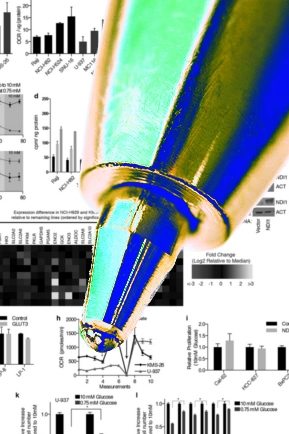ACCC issues data warning
 The ACCC is concerned that enhanced used of data analysis could lead to e-collusion.
The ACCC is concerned that enhanced used of data analysis could lead to e-collusion.
Data-driven innovation has allowed consumers to search for better products and deals instantaneously, allowing providers to price discriminate based on minute-by-minute demand analysis.
But, the regulator says, this also creates opportunities for collusion.
“The ACCC sees many economic advantages, realised and unrealised, in data-driven innovation,” ACCC Chairman Rod Sims said at a recent address in Sydney.
“More often than not, data-driven innovation develops efficient solutions to everyday problems, such as petrol apps which assist consumers work out when and where to buy petrol at the best prices.
“However, these developments clearly have many consequences for markets, and the ACCC is considering cases where algorithms are deployed as a tool to facilitate conduct which may contravene Australian competition law.”
The ACCC has set up a Data Analytics Unit that has already been deployed in market studies and to support the work of ACCC investigations teams and economists.
“Some argue that in the right market conditions, pricing algorithms may be used to more effectively engage in and sustain collusion, whether ‘tacit’ or not, reducing competition but without contravening competition laws,” Mr Sims said.
“It is said that a profit-maximising algorithm will work out the oligopolistic pricing game and, being logical and less prone to flights of fancy, stick to it.
“To further complicate matters, the development of deep learning and artificial intelligence may mean that companies will not necessarily know how, or why, a machine came to a particular conclusion.
“To this end, it is argued that if similar algorithms are deployed by competing companies, an anti-competitive equilibrium may be achieved without contravening competition laws.”
In response to firms or programmers who think algorithmic collusion is a ‘get out of jail free’ card, Mr Sims had a simple response: “you cannot avoid liability by saying ‘my robot did it’.”
“I am confident that our laws, particularly with the addition of the new concerted practices provision under section 45 of the Competition and Consumer Act 2010, but also the new misuse of market power provisions, can deal with either situation if they substantially lessen competition.”
“At this stage, the ACCC has not seen any anti-competitive algorithms which require an enforcement response beyond what is now available to the ACCC under Australian law.”
Mr Sims cited a hypothetical of a learning algorithm deployed by a firm with substantial market power to determine profit-maximising downstream prices and engage in a margin squeeze.
“It may be difficult to establish that a firm with substantial market power had a proscribed anti-competitive purpose when deploying that algorithm, but by focusing on the effect or likely effect of conduct, however, the new misuse of market power provision is fit-for-purpose to prohibit this conduct,” he said.
“Similarly, the new concerted practices prohibition should help shift the focus away from a requirement to establish a ‘meeting of the minds’ to consider whether there has been cooperation between competing businesses that substantially lessens competition.”
“If robots are colluding, this provision will help us stop it,” said Mr Sims.








 Print
Print